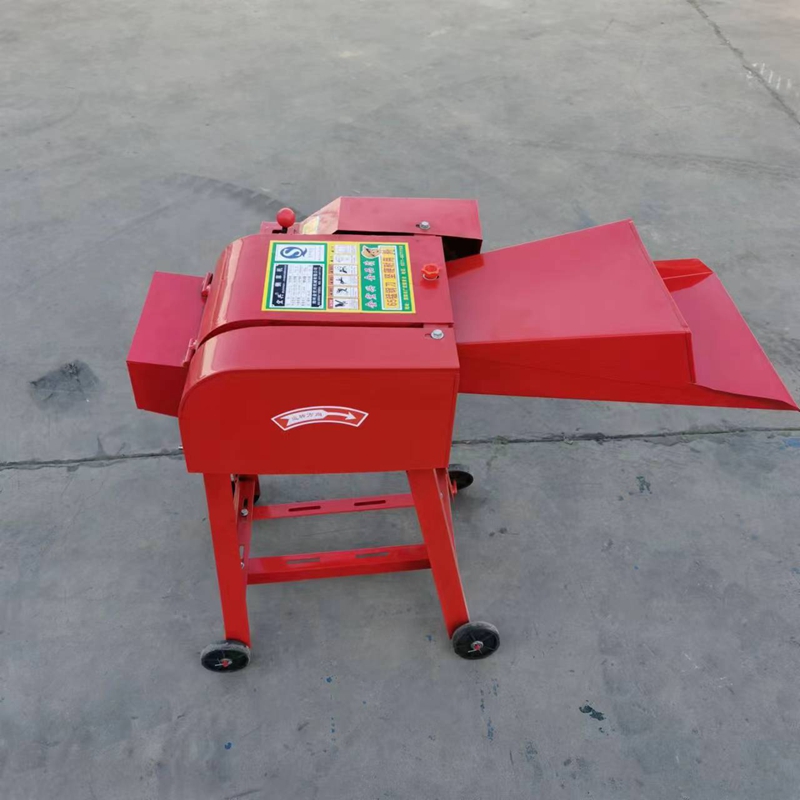Efficient FRP Centrifugal Fan Solutions for Various Industrial Applications
Oct . 11, 2024 12:43 Back to list
Efficient FRP Centrifugal Fan Solutions for Various Industrial Applications
Understanding FRP Centrifugal Fans Applications, Benefits, and Features
Fibre Reinforced Plastic (FRP) centrifugal fans are specialized ventilation devices that are increasingly utilized in various industries due to their outstanding performance characteristics and durability. This article explores the intricacies of FRP centrifugal fans, including their construction, applications, advantages, and potential limitations.
What are FRP Centrifugal Fans?
FRP centrifugal fans are built using fibre reinforced plastic materials that combine the mechanical properties of plastic with the strength of reinforcement fibers, typically glass or carbon fibers. This composite structure provides a lightweight yet robust solution for air movement in various environments. The centrifugal design of these fans means that air is drawn into the fan and expelled at a right angle, facilitating high-efficiency airflow and pressure generation.
Key Applications
FRP centrifugal fans are widely used across numerous sectors, including
1. Chemical Processing Industries They are ideal for handling corrosive materials and environments where traditional metal fans would succumb to corrosion. The non-corrosive properties of FRP make these fans suitable for various chemical applications.
2. Wastewater Treatment Plants In the treatment of wastewater, the fans are employed for aeration processes. Their robust design can withstand harsh conditions, ensuring efficient operation in environments with high humidity and corrosive agents.
3. Pharmaceutical Industry Maintaining sterile environments is critical in pharmaceuticals, and FRP fans are utilized to facilitate clean air movement without contamination risks associated with metal components.
4. Industrial Ventilation These fans are effective in ventilating manufacturing facilities, especially where dust, fumes, and vapors can accumulate. Their ability to generate significant pressure allows them to move air efficiently throughout large spaces.
5. HVAC Systems In heating, ventilation, and air conditioning systems, FRP centrifugal fans can provide the required airflow while resisting corrosion, thus enhancing the longevity of the system components.
frp centrifugal fan

Advantages of FRP Centrifugal Fans
FRP centrifugal fans present several notable advantages over their traditional metal counterparts
1. Corrosion Resistance The primary benefit of FRP materials is their exceptional resistance to chemical corrosion. This characteristic ensures longer service life in harsh environments.
2. Lightweight Construction The reduced weight of FRP fans facilitates easier installation and maintenance, particularly in large-scale applications. Their lightweight design can also reduce structural loads on buildings and reduce energy consumption.
3. Energy Efficiency These fans are designed to optimize airflow while consuming less energy. Their efficient operation can lead to substantial cost savings on energy bills over time.
4. Low Maintenance Needs The durability of FRP materials translates to lower maintenance requirements, which is advantageous for businesses looking to minimize operational downtime.
5. Customizability FRP centrifugal fans can be easily customized to meet specific application needs, including modifications to size, shape, and performance characteristics.
Limitations and Considerations
While FRP centrifugal fans offer numerous benefits, they also come with limitations. One important consideration is their susceptibility to UV degradation if exposed to sunlight for prolonged periods without proper protective coatings. Additionally, while FRP materials are strong, they may not withstand extremely high temperatures as well as metals; hence, careful consideration is necessary in applications that involve high heat.
Conclusion
FRP centrifugal fans serve a vital role in modern industrial applications, offering unique characteristics that enhance performance in corrosive and demanding environments. Their combination of lightweight construction, corrosion resistance, energy efficiency, and low maintenance requirements makes them a valuable choice for industries ranging from pharmaceuticals to chemical processing. As technology advances, the usage of FRP fans is likely to expand further, owing to their adaptability and effectiveness in addressing the evolving needs of industrial ventilation and air management systems. For businesses seeking reliable and efficient air movement solutions, FRP centrifugal fans represent a forward-thinking choice to meet their operational needs.
-
Hot Sale 24 & 18 Door Rabbit Cages - Premium Breeding Solutions
NewsJul.25,2025
-
Automatic Feeding Line System Pan Feeder Nipple Drinker - Anping County Yize Metal Products Co., Ltd.
NewsJul.21,2025
-
Automatic Feeding Line System Pan Feeder Nipple Drinker - Anping County Yize Metal Products Co., Ltd.
NewsJul.21,2025
-
Automatic Feeding Line System - Anping Yize | Precision & Nipple
NewsJul.21,2025
-
Automatic Feeding Line System - Anping Yize | Precision & Nipple
NewsJul.21,2025
-
Automatic Feeding Line System-Anping County Yize Metal Products Co., Ltd.|Efficient Feed Distribution&Customized Animal Farming Solutions
NewsJul.21,2025






